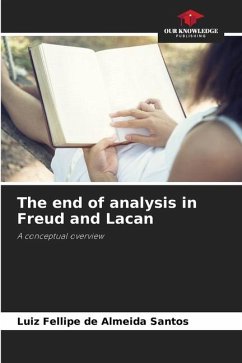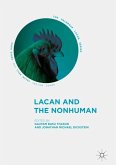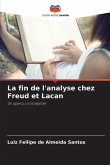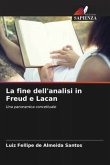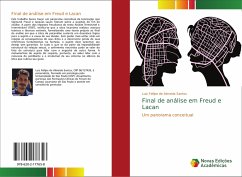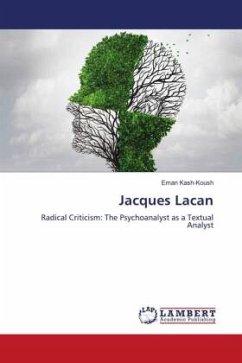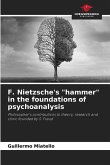This paper aims to provide a conceptual overview of Sigmund Freud's and Jacques Lacan's theorizing on the question of the end of analysis. Starting from the Freudian impasses of the text Analysis Terminable and Interminable (1937), it can be seen that Lacan's work made notable theoretical and technical advances, formalizing a theory specific to the end of analysis in which the ethics of psychoanalysis sustains a logical outcome for the subject and the cause of his division. No longer able to turn back from the consequences of what they say and the resulting loss of their fundamental references in fantasy, the subject must sustain their desire without guarantees. If everything that is said starts from the structural impossibility of sexual intercourse, neurotic suffering can use the fact of structure to deal with anguish in another way. The subject's metamorphosis is therefore about knowing how to deal with the nature of the semblance and the irreducibility of his symptom in the silence of the letter that rubrics his jouissance.
Bitte wählen Sie Ihr Anliegen aus.
Rechnungen
Retourenschein anfordern
Bestellstatus
Storno

